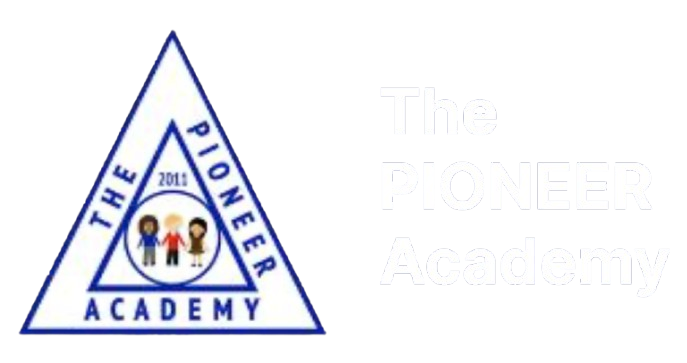Computing Curriculum Intent
In line with the 2014 National Curriculum for Computing, our aim is to provide a high-quality computing education which equips children, not only as standalone lessons but is woven within and should be an integral part of all learning. Computing, in general, is a significant part of everyone’s daily life and children should be at the forefront of new technology, with a thirst for learning what is out there. By the time they leave Ightham Primary School, children will have gained key knowledge and skills in the three main areas of the computing curriculum: computer science (programming and understanding how digital systems work), information technology (using computer systems to store, retrieve and send information) and digital literacy (evaluating digital content and using technology safely and respectfully). The objectives within each strand support the development of learning across the key stages, ensuring a solid grounding for future learning and beyond. Through the study of Computing, children will be able to develop a wide range of fundamental skills, knowledge and understanding that will actually equip them for the rest of their life.
Computing Curriculum Implementation
Teaching and learning is based on Rosenshine’s principles. It is coherently planned and sequenced towards cumulatively sufficient knowledge and skills for future learning. Prior learning is activated through the use of retrieval practice to ensure the children know more and learn more over time.
‘I do, we do, you do’ at Ightham Primary School
Knowledge lessons always begin with retrieval practice, followed by ‘I do’, then ‘We do’ then ‘You do’ to ensure a gradual release of responsibility.
Teachers continually assess throughout the lesson to ascertain children’s understanding and be prepared to move back a stage if required. Depending on the understanding of the children, ‘we do’ should be extended to ensure all children are secure in their knowledge. If the children are not ready, the teachers should not move onto ‘You do’. A knowledge lesson could be taught over more than one lesson as a result of assessment for learning where the ‘you do’ part is covered in a subsequent lesson.
Following knowledge lessons, children will be given the opportunity to apply the knowledge through enquiry and investigative tasks which need to be clearly modelled, scaffolded and adapted as required, to meet the needs of the individual children.
At Ightham Primary School, computing is taught using a blocked curriculum approach. This ensures children are able to develop depth in their knowledge and skills over the duration of each of their computing topics. Teachers in KS1 and KS2 use Purple Mash for their computing lessons as well as being linked to engaging contexts in other subjects and topics.


